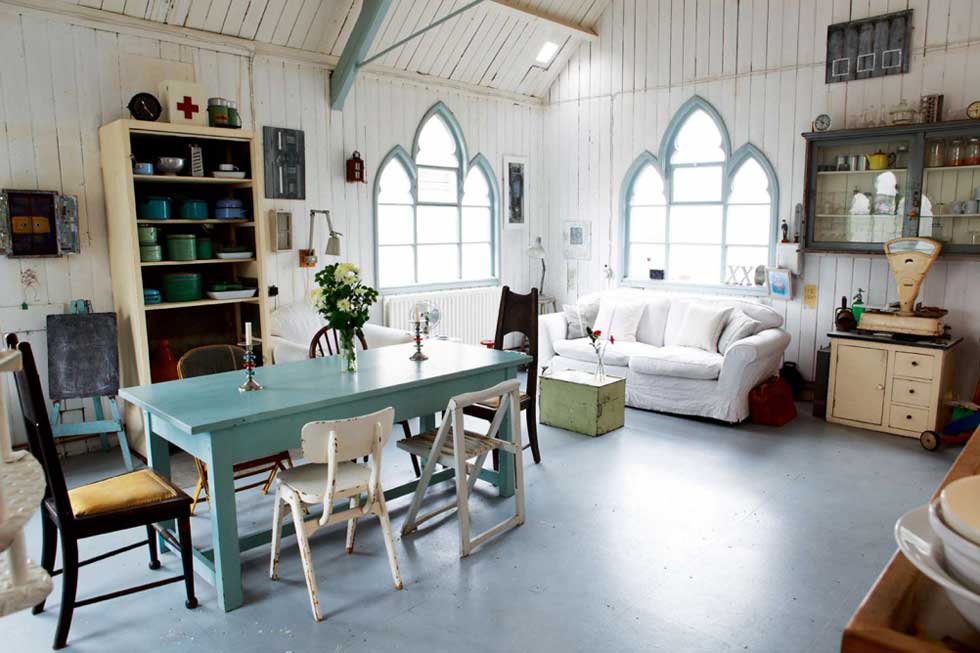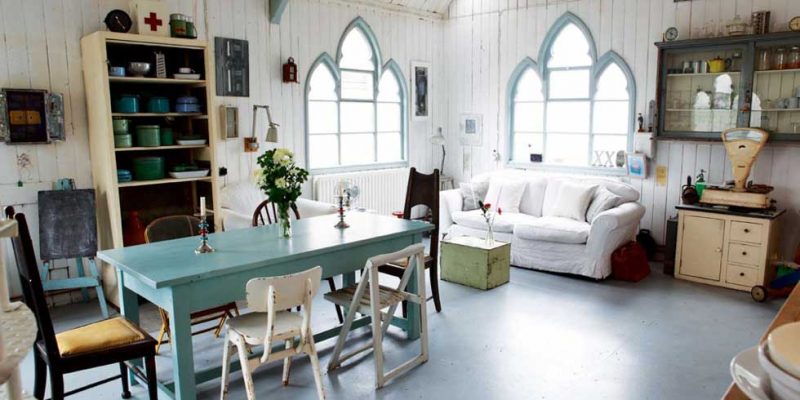
Buying a church property takes more than just selecting a site. There are important steps like analyzing the property, having a financial plan, and finalizing several legal and financial requirements to complete the transaction. The most important thing for any church looking to purchase a piece of property is determining if the property will meet the long-term financial and ministry goals for the church. Let us look into everything you need to know before buying a property for your church.
Does it have ample parking?
The amplified message for your ministry’s outreach may be that everyone is welcome. The parking lot could, however, suggest otherwise. Well, that is the space your congregants and other stakeholders encounter when they first arrive at the church. It goes without saying that a poorly done parking lot will do harm to your member’s experience.
The parking space needs to not only be well maintained but also be enough for all the expected congregants. As you look for church property, carefully analyze the size of the congregation to ensure that the property you settle on has enough parking spaces to accommodate everyone. Make sure you will have a car parking lot that is easy to maneuver. Don’t forget to factor in the growth of the ministry!
Size
Talking of growth, one of the inevitable bottlenecks that stifle the growth of a church is size limitations. It is important to take into account the capacity the property can accommodate. Again, you want that growth and the size of the property you buy for your church needs to reflect that. You should also factor in other amenities to improve your church’s facilities. Leave enough room for facilities like a gym, outdoor shelters and the likes.
Location! Location! Location!
We all know the gospel is what is most important to the growth of any church. But do you know what else makes a huge difference to the growth and smooth operation of the church? The location also does matter in attracting new members! For starters, be on the lookout for the rules and regulations as you pick the location. As a rule of thumb, avoid signing anything on the dotted line before getting complete assurance by the local and state government that a church is allowed to be there.
Yes, the location needs to have government approval for a church there. Now, it is best to seek professional help from experts who deal with consulting for faith based institutions to avoid costly mistakes that might hurt your church! Perhaps you could speak to an agent with a reputation handling business brokerage, residential and commercial sales and leasing, and other facets of property management. It will make your purchase or leasing process far much smoother.
A good location should make visibility easier for your church. Getting an easily visible location may cost more but it will save you from huge marketing costs in the future. It also helps if the location you select has access to all the necessary amenities that your congregants will need for the smooth operation of the church.
Cost
Purchasing or leasing any property is a serious and costly investment. One of the biggest factors in determining whether a property is right for you is to do a cost-benefit analysis. If the price isn’t right, it is not worth it. You shouldn’t have to sell all your congregants’ arms and legs just to get the property. Understand how much money you are capable of spending on the property be it in a cash purchase or taking out a loan.
Condition of the property
If you decide to buy an existing building, you will need to assess the condition of the property. Look at the general wear and tear on the building and other amenities. You do not want to buy a seemingly affordable property that will end up costing a lot more for renovations. Take into account how much you will have to spend for the building to be used for your congregation. It is also important to be aware of any environmental issues if any. Be it flooding, hailstorms, or any other risk factors. You will also want to be sure that the building doesn’t have lead paint or asbestos that you will be stuck paying abatement for.
Development costs
If you decide to purchase a church building, then make sure you factor in what it will take to customize it to your liking. Well, buying land to develop gives you a better chance of doing this from scratch, depending on what fits best to your needs. Again, keep in mind the costs that you will have to incur in developing the piece of property. For example, the cost of developing the land will depend on whether the piece of land is located close to utilities and a road. A sloping or uneven ground on a potential property will be more costly and require more work before it can host a building. Only purchase land where the cost of developing the land should make financial sense in the long run.
Who are the neighbors?
The adjacent properties will also have an effect on the value of your land. Neighboring roads and infrastructure construction may benefit the church in the future, but they are likely to affect traffic to your property in the short term. If the neighboring area has factories that emit bothersome odors, it might not be a good spot. Pick a spot that is conducive in the present and the future!
Taxes
Last but not least, make sure that you know the taxes that you are responsible for before purchasing a property. This is where it is also best to talk to a professional to help evaluate the value of your property. It will certainly help you determine what works best for you.
Final Remarks
The bottom line is that there is a lot that goes into buying the right property for your church. It can be daunting and frustrating but knowing where to start your research will ensure that you make an informed decision. Better even, speak to a specialist business brokerage specialist to help you find the right property for your church.




















